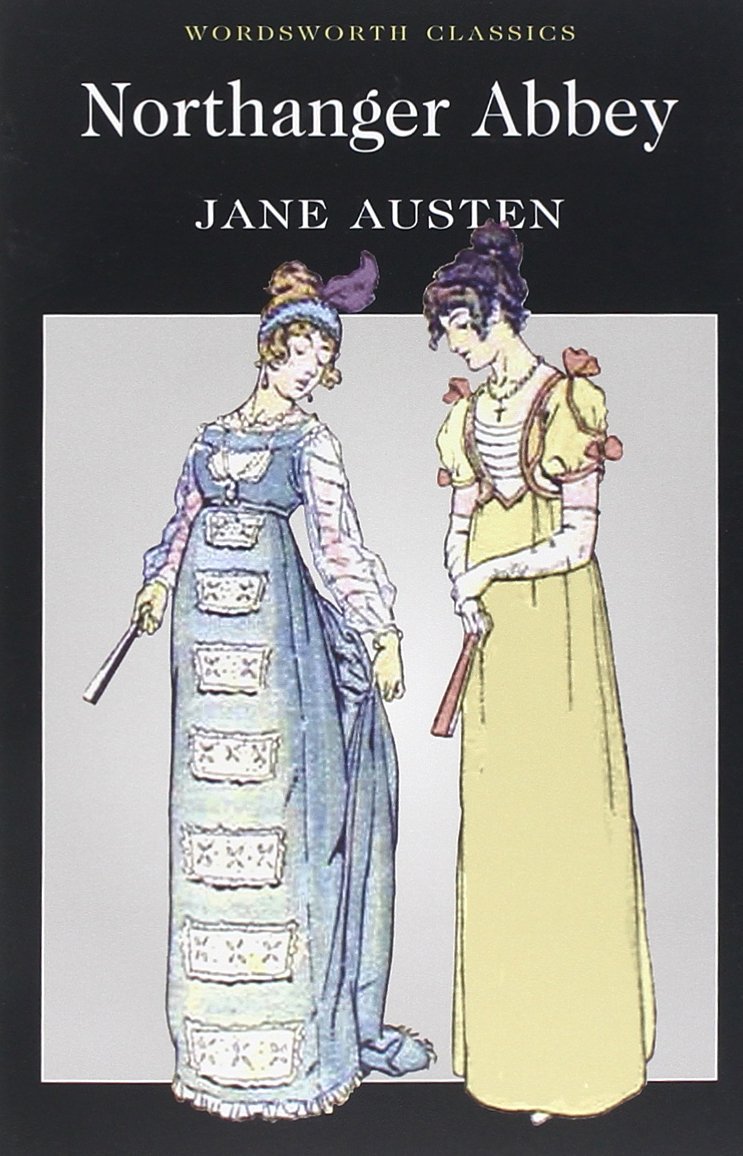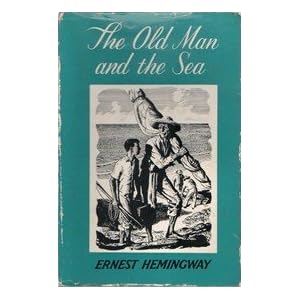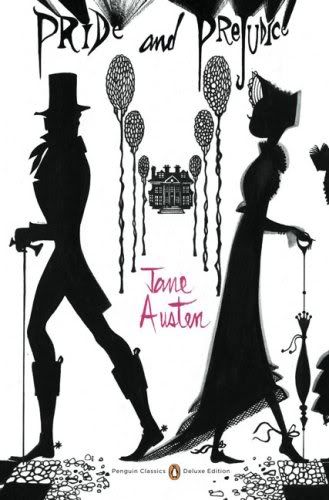This is the first book by Evelyn Waugh that I read. It also is the first book I've read, since I returned to the wonderful world of literature. I purchased this book, along with Brideshead Revisited, because I was drawn to the simplicity of the cover. Also, I have a book-buying problem! Scoop is a 1930s satire on the wonderful world of journalism, focusing on foreign correspondence. In a novel that reads like a comedy of errors from the very beginning, Waugh describes the adventures of William Boot, a journalist, in the fictional African country of Ishmaelia. The fictional country, it seems, is based on Ethiopia, where Waugh was a war correspondent in 1935. However, where Waugh was a prolific journalist, Boot was considerably out of his depth, and his adventures in the African country were nothing short of serendipitous.
In the first section of the book, John Courtney Boot approaches a friend to put in a good word for him to Lord Cooper who runs a newspaper called Daily Beast. Boot, a well-renowned author, is hoping to be assigned as the foreign correspondent for the Beast in Ishmaelia, in order to escape from some romantic endeavour. Lord Cooper is easily manipulated into thinking John Boot is the right man for the job, and commands his sycophantic foreign editor, Mr. Salter, to make it happen. However, Salter accidentally ends up contacting William Boot, a contributor to the nature supplement of the Beast, who is reluctant to take the job. However, a combination of threats, and the allure of an expense account, sees the bumbling incompetent William Boot head to the remote destination, with little clue as to what the political connotations of the war are, the parties involved, and what the nature of the assignment is. The irony, of course, lies in the fact that not even the journalists in the foreign office are fully aware of the details of the war, or where the countries are on the map.
William Boot arrives in Ishmaelia, and is immediately surrounded by a plethora of journalists, all of whom are looking to outdo the other in search for a story, when not much seems to be going on. Fictional accounts are created, and telegrammed back to the respective Fleet Street offices. A journalist, who previously had a contract with the Daily Beast, concocts a story set in a place which doesn't really exist. It'a spot on the map is simply a result of a non-local asking a local what that part of the country was, and the local replying in his native tongue with Laku ("I don't know"), which the cartographer deemed the name of the place.
As Lady Luck would have it, the British Vice-Consul in Ishmaelia is an old schoolfriend of William's, and he manages to feed William some information. He finds another source in K ätchen, a German girl who is evicted from her room to make place for William. Kätchen is married to a German, who was away on a mission, and due back soon. Invariably, William falls in love with her, despite it being evident that she is a gold-digger, looking for someone to take care of her while her husband is away. However, the twenty-three year old journalist remains unable to pick out newsworthy incidents, even when they are staring him in the face.
Due to lack of news coming from William, the Daily Beast decide to terminate his contract. He gets the message just as he is sending a telegram to them, with the words:
NOTHING MUCH HAS HAPPENED EXCEPT TO THE PRESIDENT WHO HAS BEEN IMPRISONED IN HIS OWN PALACE BY REVOLUTIONARY JUNTA HEADED BY SUPERIOR BLACK CALLED BENITO AND RUSSIAN JEW WHO BANNISTER SAYS IS UP TO NO GOOD THEY SAY HE IS DRUNK WHEN HIS CHILDREN TRY TO SEE HIM BUT GOVERNESS SAYS MOST UNUSUAL LOVELY SPRING WEATHER BUBONIC PLAGUE RAGING.
While one could consider the first phrase a litote, other examples speckled through the book indicate otherwise. Upon receiving that telegram though, the Beast decide to reinstate his contract. The naiveté and cluelessness makes him out to be incredibly incompetent, and yet, he remains oblivious to that. And yet, he manages to be the only journalist to capture the story of the fascists and the counterrevolutionaries, and he goes back home an acclaimed journalist.
The vaudeville doesn't end there though. Lord Cooper wants Boot knighted, but again, a case of mistaken identity results in the knighthood being for John Boot, not William. Mr. Salter goes up to the country-side to visit William, in order to convince him to attend the banquet, and Salter's interaction with the big family living in the country-side is almost slapstick (as is most of the book). Eventually, William's uncle attends the banquet... because, obviously, what one needs is another Boot in the mix.
There are racist undertones in the book, and stereotyping people and classes, which is quite reflective of the 1930s. No one is really spared, and Waugh's pen is generously scathing. The book also drags on in places, and the protagonist (William Boot) does not really have (m)any redeeming qualities. This might be the case with most satires, but occasionally, the book was excruciating to read, when you saw someone so out of his depth in a profession many suitable candidates would revel in, and make the most of, at any cost, as opposed to getting side-tracked, and focusing his energies on other trivialities. And yet - yet, he got the scoop!
 Despite being the first novel that Austen started writing, Northanger Abbey was only published posthumously. It's the second book by the much-acclaimed author that I have finished, and while I thought
Despite being the first novel that Austen started writing, Northanger Abbey was only published posthumously. It's the second book by the much-acclaimed author that I have finished, and while I thought  It's taken me a little over a month to finish this book, and I must say, it's probably one of my greatest reading accomplishments 'til date. I found the first eighty-four pages tremendously trying, the next one-hundred-and-fifty odd pages amazing, and I was actually totally hooked to the 'Book 2' of this intimidating classic.
At the very outset, I am compelled to admit I don't think I understood the whole book. Large portions of it had me baffled, and I questioned my resolve to continue reading it more than once. At the end of the day, though, I am glad that I read it, for a multitude of reasons which I'll explain further down. In fact, the book is already begging for a re-read, just because I think I, as the reader, will benefit greatly from the re-read.
It's taken me a little over a month to finish this book, and I must say, it's probably one of my greatest reading accomplishments 'til date. I found the first eighty-four pages tremendously trying, the next one-hundred-and-fifty odd pages amazing, and I was actually totally hooked to the 'Book 2' of this intimidating classic.
At the very outset, I am compelled to admit I don't think I understood the whole book. Large portions of it had me baffled, and I questioned my resolve to continue reading it more than once. At the end of the day, though, I am glad that I read it, for a multitude of reasons which I'll explain further down. In fact, the book is already begging for a re-read, just because I think I, as the reader, will benefit greatly from the re-read. I have an absolutely ancient copy of this book lying around, and it's actually bizarre that I've not read the book yet - it's just 114 pages long! Published in 1974, the book cost just 30p at the time (US$0.45)! The book costs £7.99 now... let's keep that musing for another day!
The Old Man and the Sea is an extremely 'concise' book, for the lack of a better word. The plot is uncomplicated, with minimal dialogue. It's literally about an old man and the sea, as the old man (Santiago) tries to change his luck, after going eighty-four days without catching a fish.
I have an absolutely ancient copy of this book lying around, and it's actually bizarre that I've not read the book yet - it's just 114 pages long! Published in 1974, the book cost just 30p at the time (US$0.45)! The book costs £7.99 now... let's keep that musing for another day!
The Old Man and the Sea is an extremely 'concise' book, for the lack of a better word. The plot is uncomplicated, with minimal dialogue. It's literally about an old man and the sea, as the old man (Santiago) tries to change his luck, after going eighty-four days without catching a fish.
 "Charming" - That's the first word that came to mind when I turned over the last page of this novella. I haven't seen the Audrey Hepburn movie, so I didn't really know much about the plot (maybe I really do live in my own little cocoon) prior to reading the classic.
There's Holly Golightly, who gets the star billing, as the writer recounts memories of his glamourous neighbour many years later. Holly Golightly is a young woman, drifting through life in New York in the 1940s: the bars, the martinis, parties, the social scene. A complex character, who's a wonderful combination of being naive and stubbornly independent, she keeps her friends close yet at a distance.
"Charming" - That's the first word that came to mind when I turned over the last page of this novella. I haven't seen the Audrey Hepburn movie, so I didn't really know much about the plot (maybe I really do live in my own little cocoon) prior to reading the classic.
There's Holly Golightly, who gets the star billing, as the writer recounts memories of his glamourous neighbour many years later. Holly Golightly is a young woman, drifting through life in New York in the 1940s: the bars, the martinis, parties, the social scene. A complex character, who's a wonderful combination of being naive and stubbornly independent, she keeps her friends close yet at a distance. Mee
Mee